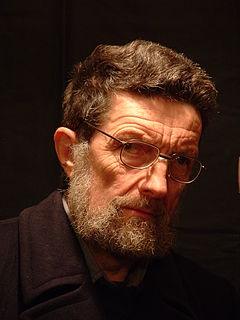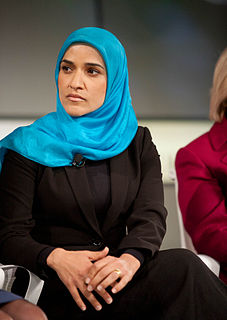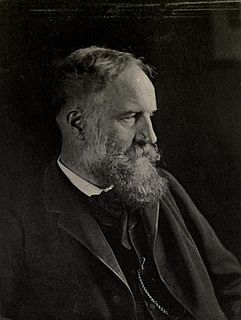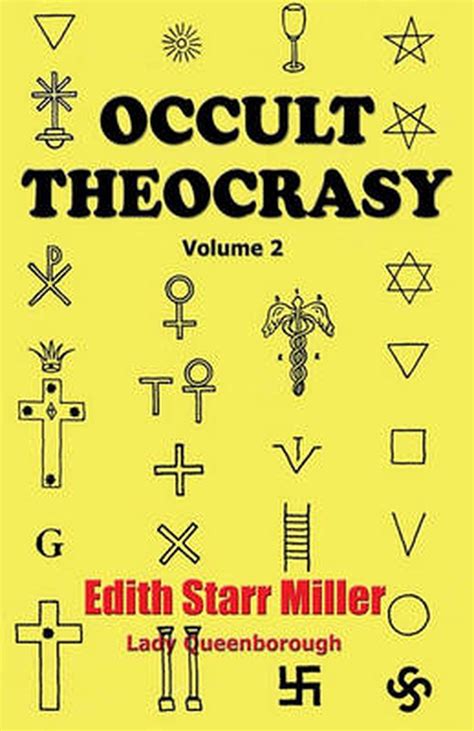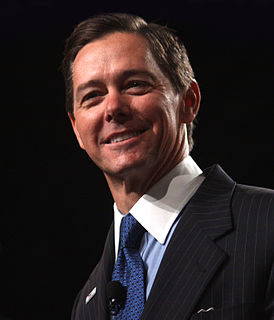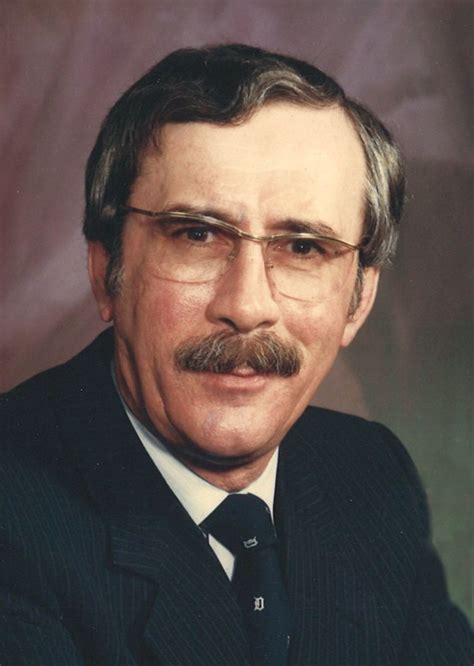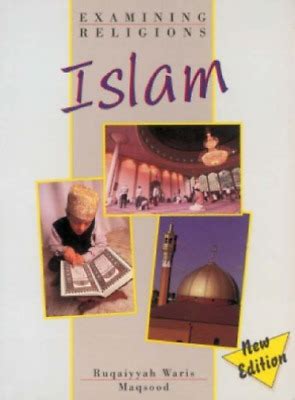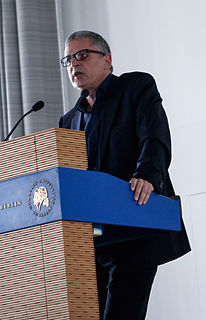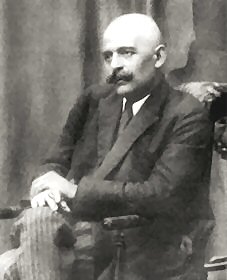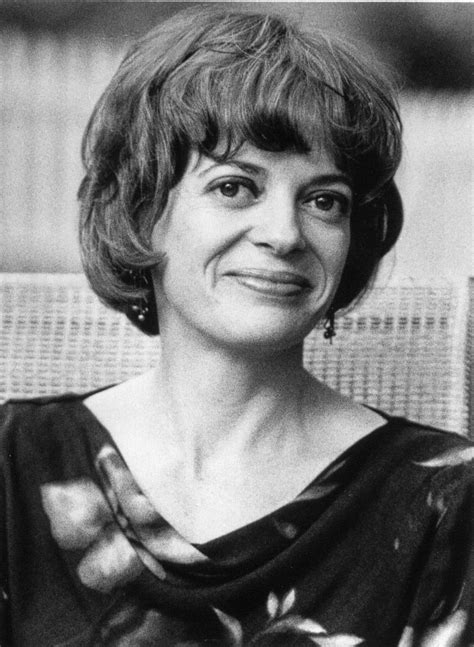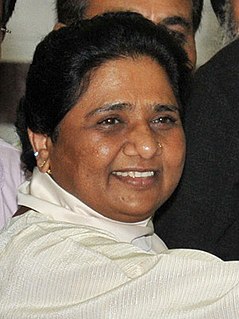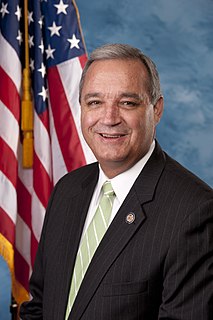Top 1200 Religion In Society Quotes & Sayings
Explore popular Religion In Society quotes.
Last updated on December 22, 2024.
Religion, or the duty we owe to our Creator, and manner of discharging it, can be directed only by reason and conviction, not by force or violence; and, therefore, that all men should enjoy the fullest toleration in the exercise of religion according to the dictates of conscience, unpunished and unrestrained by the magistrate, unless under color of religion any man disturb the peace, the happiness, or safety of society, and that it is the mutual duty of all to practice Christian forbearance, love and charity toward each other.
My reason taught me that I could not have made one of my own qualities - they were forced upon me by Nature; that my language, religion, and habits were forced upon me by Society; and that I was entirely the child of Nature and Society; that Nature gave the qualities and Society directed them. Thus was I forced, through seeing the error of their foundation, to abandon all belief in every religion which had been taught by man.
Religion! Is what you hear at church religion? Is that which can bend and turn, and descend and ascend, to fit every crooked phase of selfish, worldly society, religion? Is that religion which is less scrupulous, less generous, less just, less considerate for man, than even my own ungodly, worldly, blinded nature? No! When I look for religion, I must look for something above me, and not something beneath.
Science is like society and trade, in resting at bottom upon a basis of faith. There are some things here, too, that we can not prove, otherwise there would be nothing we can prove. Science is busy with the hither-end of things, not the thither-end. It is a mistake to contrast religion and science in this respect, and to think of religion as taking everything for granted, and science as doing only clean work, and having all the loose ends gathered up and tucked in. We never reach the roots of things in science more than in religion.
Today courts wrongly interpret separation of church and state to mean that religion has no place in the public arena, or that morality derived from religion should not be permitted to shape our laws. Somehow freedom for religious expression has become freedom from religious expression. Secularists want to empty the public square of religion and religious-based morality so they can monopolize the shared space of society with their own views. In the process they have made religious believers into second-class citizens.
How can you respect a religion that forces women into polygamous marriages, mutilates their genitals, forbids them to drive cars and subjects them to the humiliation of 'instant' divorce? In fact, none of these practices are Islamic at all. Anyone wishing to understand Islam must first separate the religion from the cultural norms and style of a society.
The one eternal religion is applied to the opinions of various minds and various races. There never was my religion or yours, my national religion or your national religion; there never existed many religions, there is only the one. One infinite religion existed all through eternity and will ever exist, and this religion is expressing itself in various countries in various ways.
What is especially important is addressing the question of how religion can be enforced through political means and what can be done to create a political environment that, on the one hand, acknowledges the role of religion in society, while on the other hand does not impose one religion on the populace at the expense of all others.
I believe in a wall between church and state so high that no one can climb over it. When religion controls government, political liberty dies; and when government controls religion, religious liberty perishes. Every American has the constitutional right not to be taxed or have his tax money expended for the establishment of religion. For too long the issue of government aid to church related organizations has been a divisive force in our society and in the Congress. It has erected communication barriers among our religions and fostered intolerance.
The present Hindu society is organised only for spiritual men, and hopelessly crushes out everybody else. Why? Where shall they go who want to enjoy the world a little with its frivolities? Just as our religion takes in all, so should our society. This is to be worked out by first understanding the true principles of our religion and then applying them to society. This is the slow but sure work to be done.
Before any man can be considered as a member of Civil Society, he must be considered as a subject of the Governour of the Universe: And if a member of Civil Society, do it with a saving of his allegiance to the Universal Sovereign. We maintain therefore that in matters of Religion, no man's right is abridged by the institution of Civil Society and that Religion is wholly exempt from its cognizance.
What our view of the effectiveness of religion in history does at once make evident as to its nature is--first, its necessary distinction; second, its necessary supremacy. These characters though external have been so essential to its fruitfulness, as to justify the statement that without them religion is not religion. A merged religion and a negligible or subordinate religion are no religion.
For Death must be somewhere in a society; if it is no longer (or less intensely) in religion, it must be elsewhere; perhaps in this image which produces Death while trying to preserve life. Contemporary with the withdrawal of rites, Photography may correspond to the intrusion, in our modern society, of an asymbolic Death, outside of religion, outside of ritual, a kind of abrupt dive into literal Death.
As a great democratic society, we have a special responsibility to the arts. For art is the great democrat, calling forth creative genius from every sector of society, disregarding race or religion or wealth or color. What freedom alone can bring is the liberation of the human mind and a spirit which finds its greatest flowering in the free society. I see of little more importance to the future of our country and our civilization than the full recognition of the place of the artist.
The religion of art, like the religion of politics, was born from the ruins of Christianity. Art inherited from the old religion the power of consecrating things and endowing them with a sort of eternity; museums are our temples, and the objects displayed in them are beyond history. Politics--or more precisely, Revolution--co-opted the other function of religion: changing human beings and society. Art was an asceticism, a spiritual heroism; Revolution was the construction of a universal church.
Among the more irritating consequences of our flagrantly religious society is the special dispensation that mainstream religions receive. We all may talk about religion as a powerful social force, but unlike other similarly powerful institutions, religion is not to be questioned, criticized or mocked.
The Constitution forbids states from banning all religion from public spaces and from making churches the ghettos of religion where all manifestations of faith are kept separate from public life. Religious people have an equal right to participate in the public square and to have their contributions to Oklahoma history and society recognized.
Everything is a risk in Pakistan: If you defend women, it's a risk. If you defend non-Muslims it's a risk. If you discuss religion, it's a risk. But you can't really sit there like a vegetable in your own society. And I'm committed to that society... and I feel I need to turn around and speak as I should.
A dreaded society is not a civilized society. The most progressive and powerful society in the civilized sense, is a society which has recognized its ethos, and come to terms with the past and the present, with religion and science. With modernism and mysticism, with materialism and spirituality; a society free of tension, a society rich in culture. Such a society cannot come with hocus-pocus formulas and with fraud. It has to flow from the depth of a divine search.
Does history warrant the conclusion that religion is necessary to morality - that a natural ethic is too weak to withstand the savagery that lurks under civilization and emerges in our dreams, crimes and wars? ... There is no significant example in history, before our time, of a society successfully maintaining moral life without the aid of religion.
Do you know what religion is, Martin, my friend? -I can barely remember Lord's Prayer. -A beautiful and well-crafted prayer. Poetry aside, a religion is really a moral code that is expressed through legends,myths, or any type of literary device in order to establish a system of beliefs, values , and rules with which to regulate a culture or a society.
Liberty is the first condition of growth. Your ancestors gave every liberty to the soul, and religion grew. They put the body under every bondage, and society did not grow. The opposite is the case in the West - every liberty to society, none to religion. Now are falling off the shackles from the feet of Eastern society as from those of Western religion.



